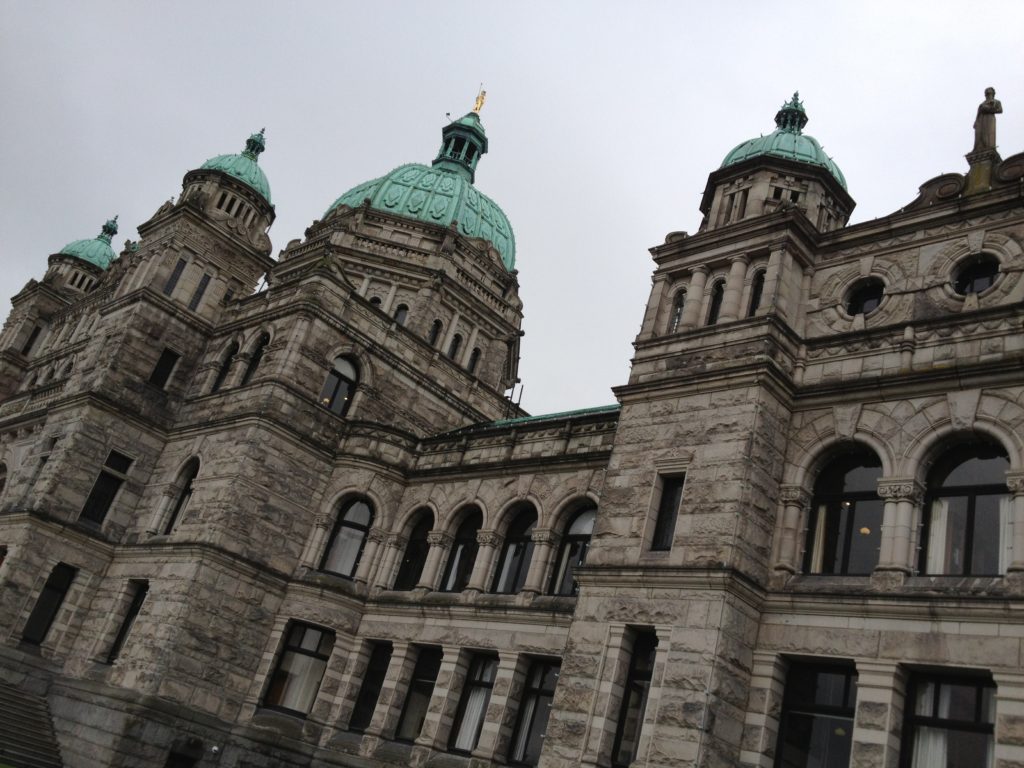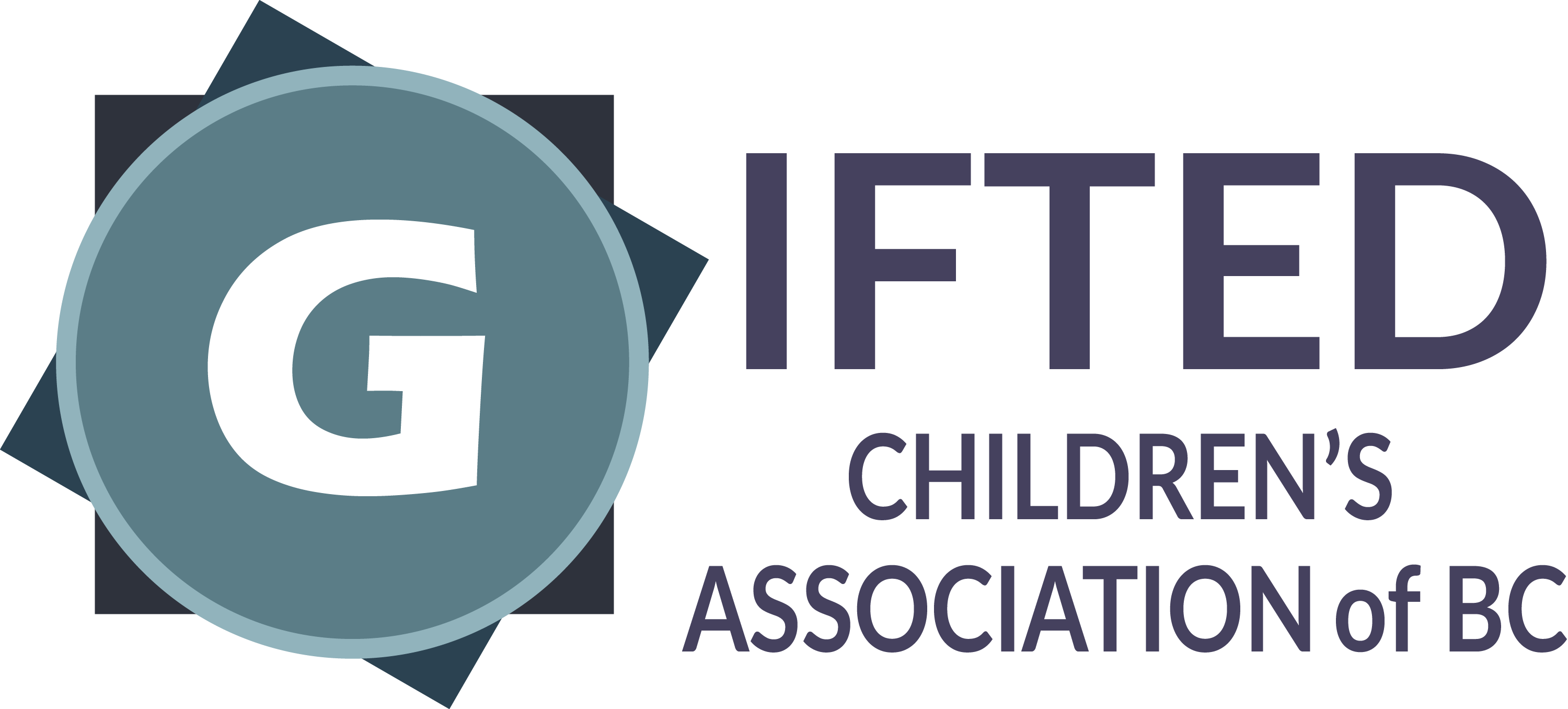
When the Ministry established a process for involvement in their announced review of funding for Public Education in BC, the GCABC decided to respond. In the Spring of 2018, we made a submission to the Independent Review Panel and were one of 100 organizations, outside of school districts, whose submission was considered. In addition, the Independent Review Panel conducted a conference call with the authors of the GCABC’s submission, Debbie Clelland and Maureen McDermid, to clarify and extend their understanding of the points made in the submission.
This blog post is an update on that work. The following are the salient points from the Ministry’s December 2019 response to and actions with respect to the Independent Review Panel’s Report:
- The Panel presented the Final Report on December 18, 2018, with 22 recommendations along three themes: equity, accountability and financial management.
- The Ministry will implement recommendations with a two-phase plan, beginning with 12 of the 22 recommendations (specifically, 2, 3, 12, 13, 14, 15, 16, 17, 19, 20, 21 and 22). *
*#2-3 refer to increased attention to First Nations student outcomes and Ministry and School District support for these initiatives (equity),
*#12-22 refer to school district planning for leadership and governance, goal setting and financial requirements for accountability to the Ministry, use of district held reserve funds, capital expenditures and locally raised funds (accountability and financial management).
Between receiving and responding to the Review Panel’s Report, the Ministry established the process outlined below. This was not intended in the first outline of the review process, but the number of recommendations and the scope of the Panel’s comments was deemed to require further investigation through consultation and the Ministry provided the following reasoning:
“To understand what the recommendations in the Report would mean for students in the classroom, working groups were established in spring 2019 and members included parents, teachers, inclusive education advocacy groups and Indigenous education partners:
- BC Association of School Business Officials
- BC Confederation of Parent Advisory Councils
- BC Council of Administrators of Inclusive Supports in Education
- BC Distributed Learning Administrator’s Association
- BC Principals’ & Vice-Principals’ Association
- BC School District Continuing Education Directors Association
- BC School Superintendents Association
- BC School Trustees Association
- BC Teachers’ Federation
- BCEdAccess
- Canadian Union of Public Employees BC
- English Language Learners Consortium
- Family Support Institute of BC
- First Nations Education Steering Committee
- Inclusion BC
- Metis Nation BC
- Ministry of Advanced Education, Skills and Training
- Office of the Auditor General
- Representative for Children and Youth
- Rural Education Advisory Committee
GCABC was asked why our organization was not represented in these working groups. The Ministry responded that groups were established by them and that GCABC was not formally invited, despite their request to be present.
In the release of their response to the Report and the information gathered by the Working Groups, the Ministry stated:
“B.C’s children and youth in care will be recognized through a new supplement when funding is announced for school districts in March, 2020. This change will also expand priority funding to more children with mental-health challenges and those living in low-income families. Money allocated for the new priority student supplement will be provided to school boards to deliver services based on local needs and is intended for supports like trauma counselling, school breakfast or lunch programs, additional support in the classroom, transportation services or tutoring.”
Further, “Immediate action is also being taken to meet all of the Panel’s recommendations to improve public accountability, including ensuring school districts:
- Engage parents, caregivers and community members in the development of school district strategic plans well in advance of setting their budgets to meet student needs.
- Continuously monitor and publicly report on student outcomes, such as numeracy, literacy and graduation rates, so gaps in student achievement are identified and services can be planned based on proven strategies.
- Ensure strategic plans and financial decisions are focused on improving student outcomes and meeting all students’ needs, especially students with diverse abilities/disabilities, Indigenous students, children and youth in care, students from low income families and other students that require additional supports in order to be successful.”
Given that March 2020 has passed, and given the unexpected re-organization of how schooling in BC is delivered due to the Covid-19 pandemic, it is unlikely that we will see the Ministry continue to work on adjustments to the Funding system for education in BC in the near future. Additional information on the new supplemental funding announced for March 2020 has not appeared and the timeline has not been updated.
While Recommendation #1 in the Independent Report was of the greatest interest to GCABC: “The Ministry should allocate funding to special needs first and then allocate the remaining funding on a per-student amount.” at this time we have no assurance that this recommendation will be acted upon and little understanding about how the new supplement will be applied.


